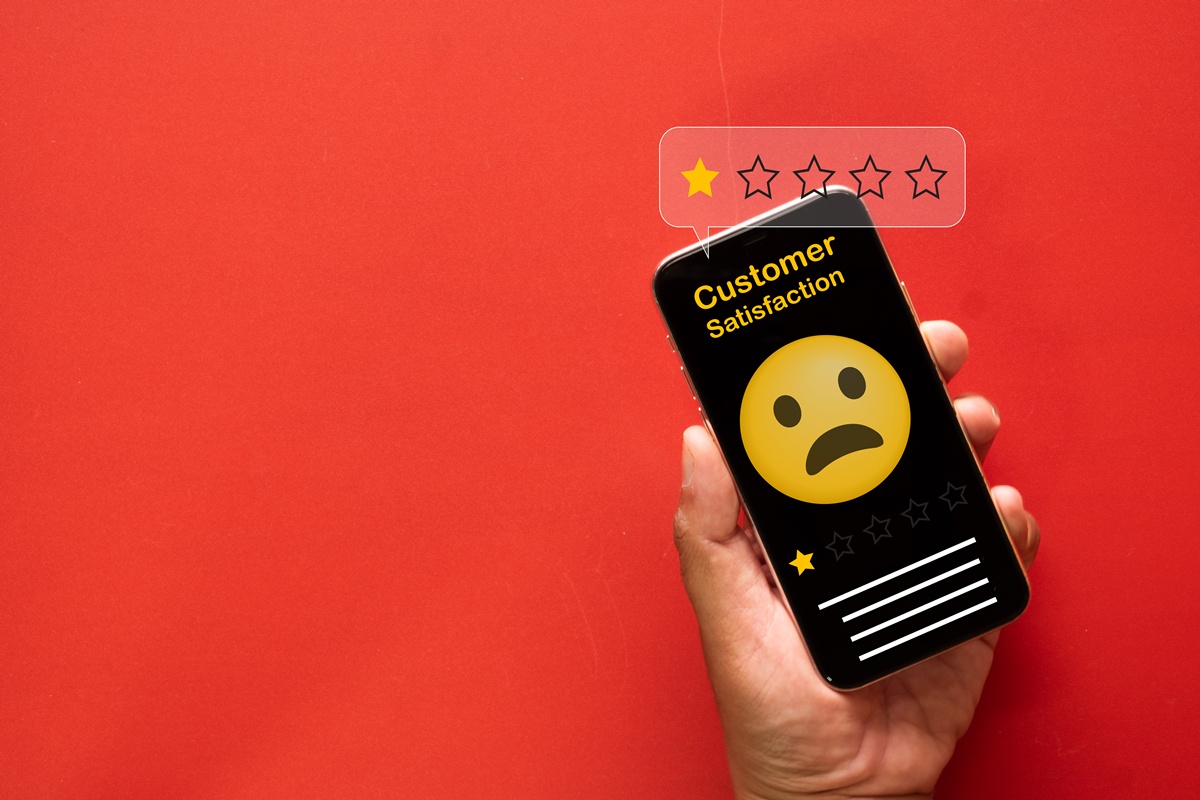Category: Digital Experience

Marketing, Sales, and Service: How Alignment Powers Customer Journey Orchestration
The era of separate teams chasing their own dashboards is over. Today, customers expect continuity. They want to be known, not reintroduced at every touchpoint, which puts marketing, sales, and service on a single, shared line of sight. When those functions...

Digital Burnout Is Becoming a Daily Experience for Always-On Customers
Digital burnout describes the mental fatigue that builds up when people are constantly connected, interrupted, and expected to respond online. It shows up as trouble staying focused, irritation with digital tools, and a growing urge to ignore messages altogether. What...

Google’s AI Is Phoning Businesses for Pricing and Many Aren’t Answering, Survey Reveals
Google’s AI is picking up the phone and calling local businesses to ask for pricing, and a new study shows many businesses are failing to respond. Introduced in July 2025, Google’s AI option in Search can check pricing at the US...

Over 8,000 Breaches Show Cybersecurity Struggling to Contain AI Risk
More than 8,000 global data breaches in the first half of 2025, exposing an estimated 345 million records, are not only a security headline but a customer experience warning signal. Experian’s newly released 2026 Data Breach Industry Forecast reveals that...

Accessibility Is the Biggest Conversion Problem Costing Europe Millions
Europe’s online retail sector has a conversion problem few brands want to talk about. The real issue sits much earlier in the website journey: most e-commerce sites still can’t be used properly by the people who rely on assistive technologies. That...

Social Media Isn’t Fun Anymore. What Does That Mean for Brands?
Social media is no longer the guaranteed engagement engine it once was. Sure, many (usually younger) people are still using it to discover and buy things, but the initial thrill social media offered before has faded. New research from GWI for...

Turns Out People Buy More When Apps Aren’t Terrible
Retailers spend millions attracting shoppers to their apps every year. But little do they know that the real difference between a one-off transaction and a loyal customer is much simpler: make the app experience good, and people buy more. A...

Friendly Fraud: The Fastest-Growing CX Problem in Digital Commerce
It might be tempting to dismiss the phrase as a paradox: “fraud” that’s “friendly”? Yet for merchants, it is anything but benign. Friendly fraud (sometimes tagged as “chargeback fraud” or first-party misuse) refers to situations where a customer makes a...

The Rise of the Hybrid & Multi-Cloud Contact Center: Building Resilience Beyond Single-Cloud Dependency
In October 2025, thousands of contact centers faced a real nightmare head-on. Phones rang, dashboards froze, chatbots blinked out, all because somewhere, deep inside a hyperscaler’s data center, a DNS misfire took the world down with it. The October 2025...

Radisson’s Creator Hub Innovates Travel Storytelling
Having picked up the Best Digital Transformation (Over 5,000 Employees) Award at last week’s International Customer Experience Awards, Radisson Hotels is showing the way forward when it comes to the hugely valuable influencer travel market. Creator Hub is a new collaboration...
